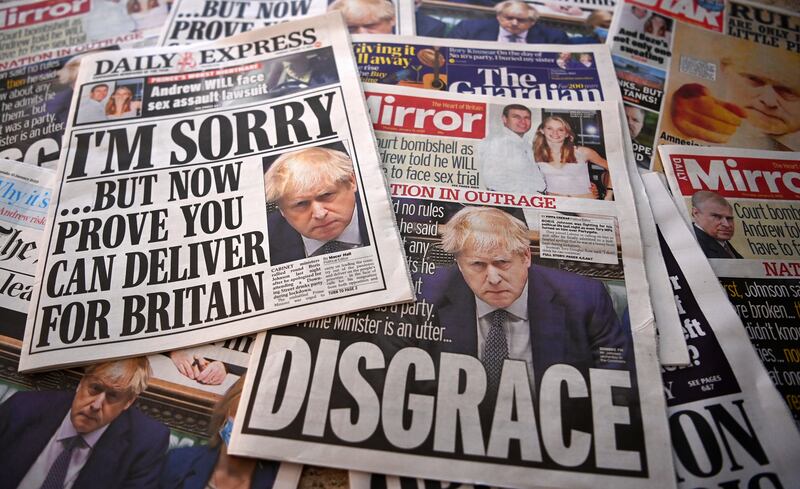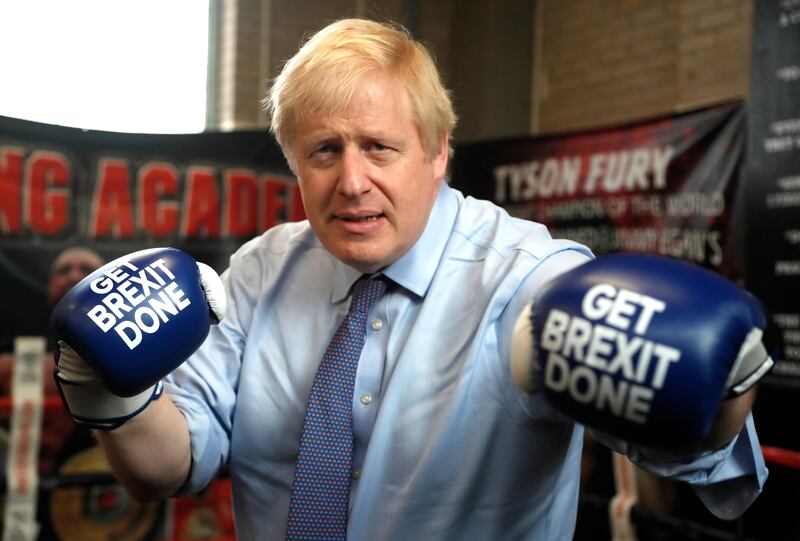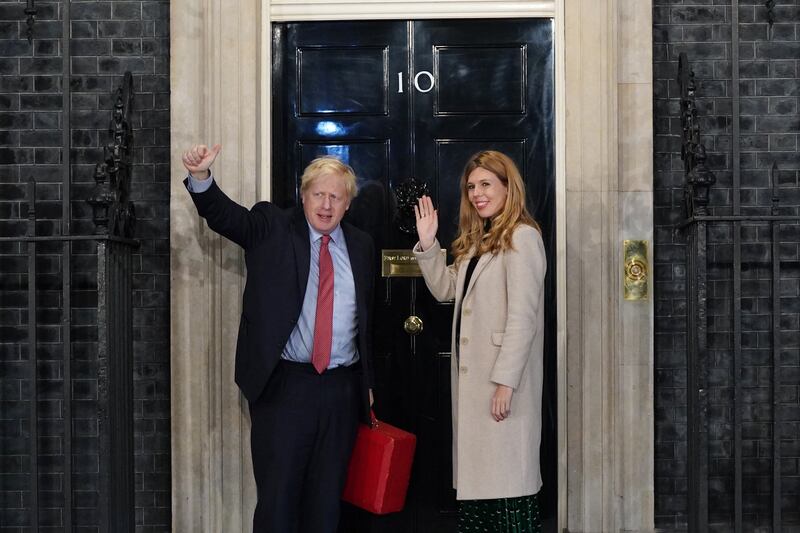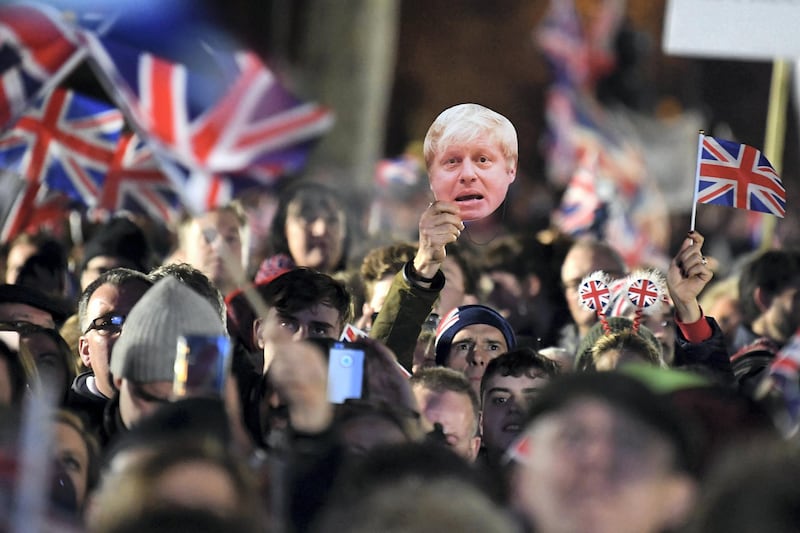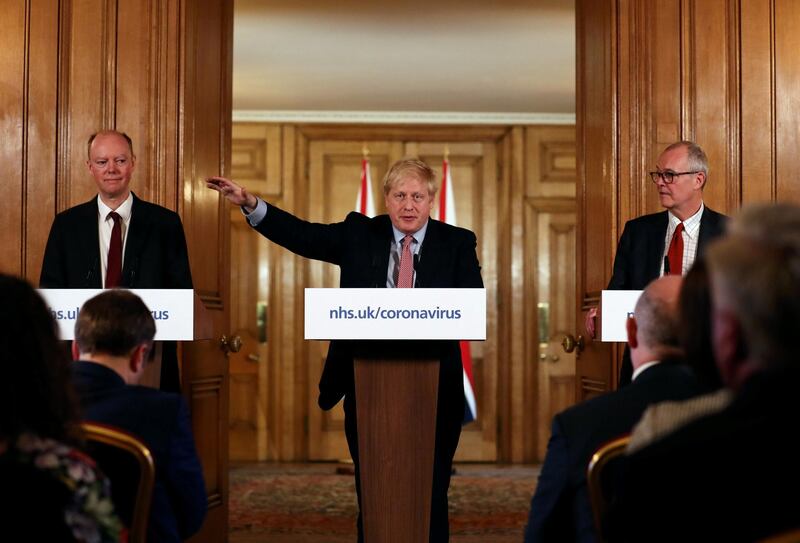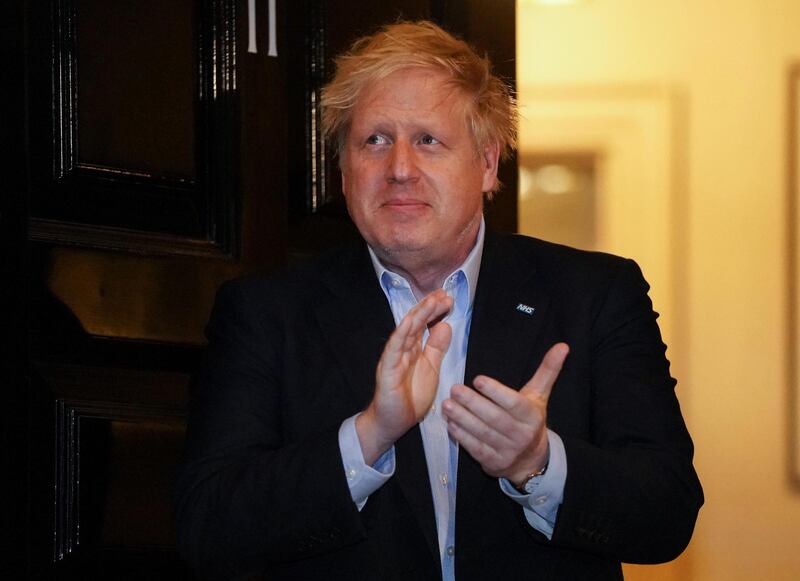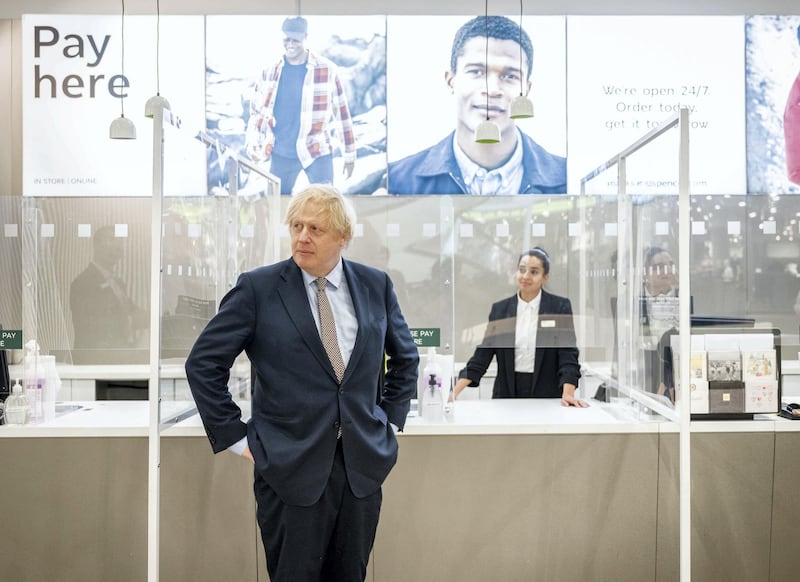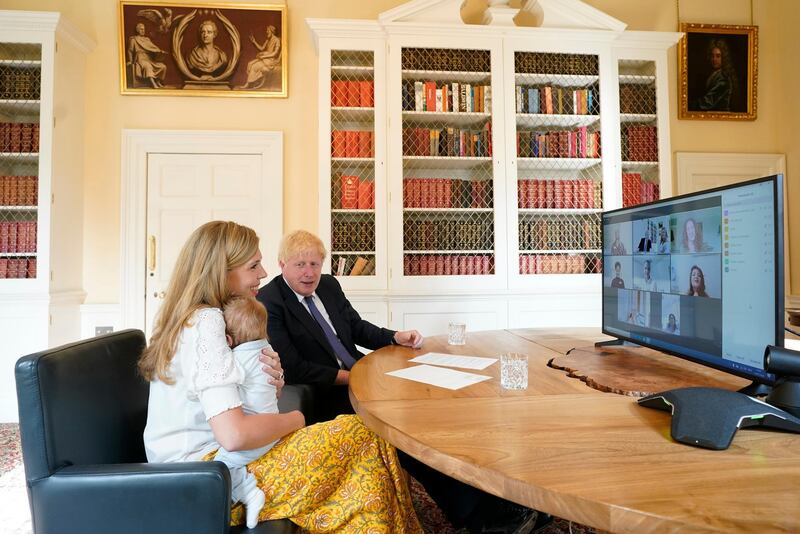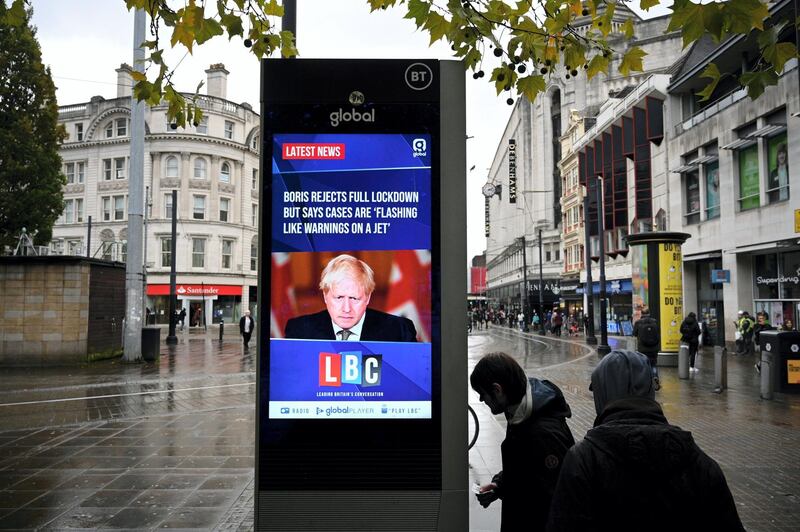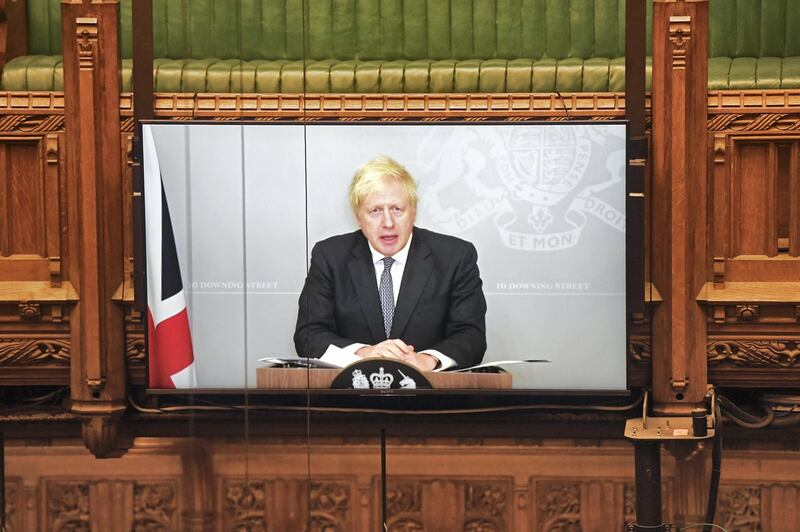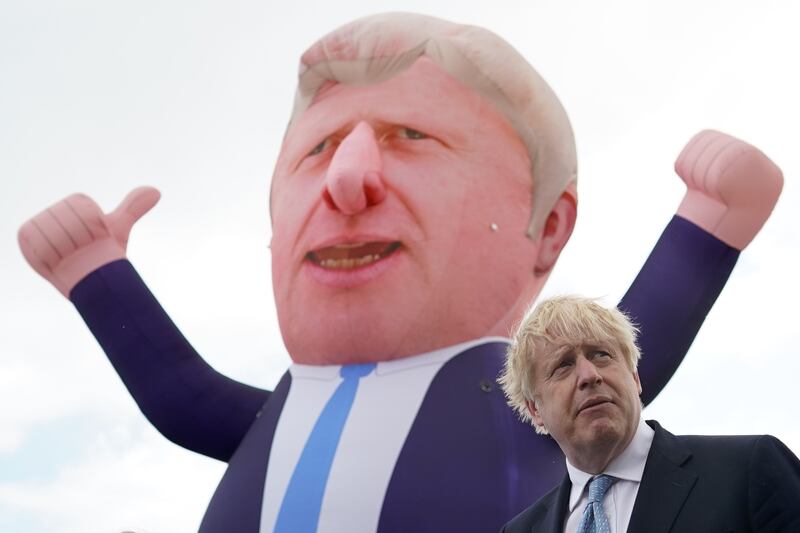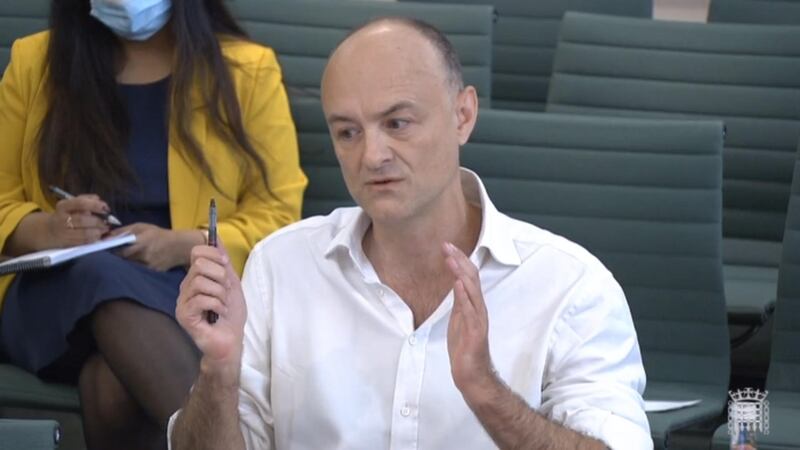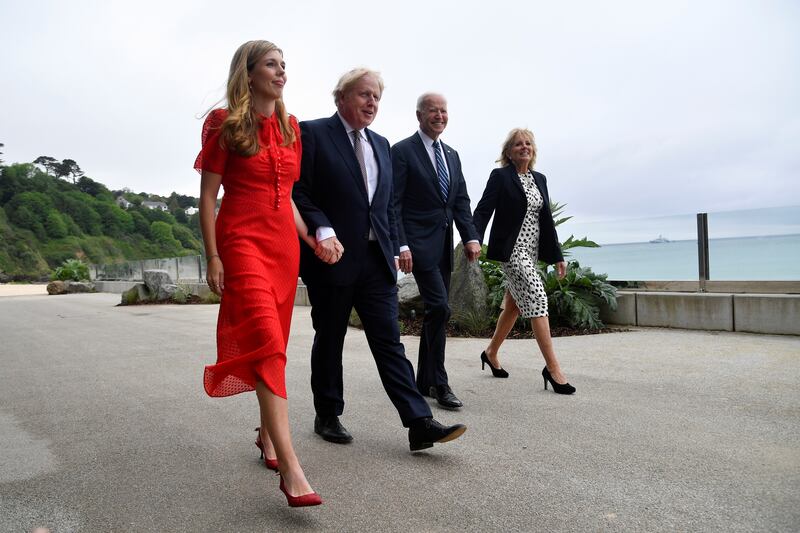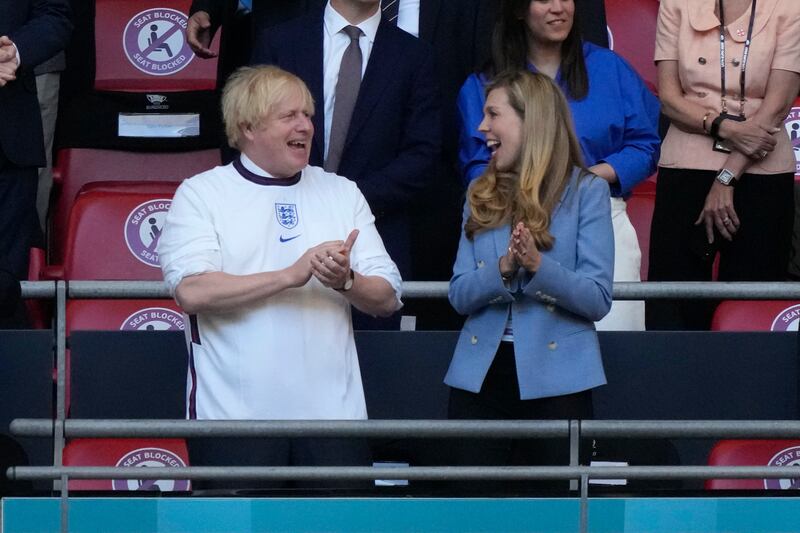British Prime Minister Boris Johnson’s reign of error looks to be almost over. Everyone knows why. Even Mr Johnson himself is coming to understand that he is an embarrassment to himself, to his party and his country. What is unknown is whether he will quit or be forced out, and when.
The Conservative party has now produced its third failed leader since the Brexit vote of 2016. Party members need to consider why David Cameron, Theresa May and now Mr Johnson have all been destroyed during the Brexit mess in a little more than five years. To lose one leader is unfortunate. To lose two is careless. To lose three is profound systemic political failure.
True, Mr Johnson may cling on for some time. He is said to be planning to dismiss his staff but that will be like a scandal-prone aristocrat getting into trouble and firing his servants. The real problem with these successive Conservative leadership failures is not Mr Johnson himself. It is that a party obsessed with Brexit cannot make it work. In desperation, Conservatives allowed someone clearly unsuited to high office to rise to the top. This matters because the same system that chose Mr Cameron, Mrs May and Mr Johnson may well choose their fourth failure in a row.
It’s true that Mr Johnson has been a very particular failure. He became Conservative leader and Prime Minister precisely because he was a “mould-breaker” who would bend the rules to “get Brexit done". That was half right. He did break or bend rules on coronavirus, with party cronies and on other matters, but he has clearly failed to get Brexit “done".
He is still trying to refashion the agreement his team negotiated on Northern Ireland, and the Brexit mess and subsequent trade deals have managed to irritate an almost endless list of British citizens and interest groups. Farmers, fishermen, truck drivers, transport workers, food processors, musicians, various exporters and importers, and just ordinary citizens trying to go on holiday, have all noticed that Brexit now directly affects them by making their lives more difficult without any obvious benefit.
When Brexit advocates are asked to list the supposed Brexit benefits, they waffle, muttering abstractions about “sovereignty” and “taking back control". The other supposed positive part of Mr Johnson’s time in office is that his personal popularity won his Conservative party an 80-seat majority in Parliament. The truth, as the veteran pollster and political writer Peter Kellner noted, is that Mr Johnson has never been popular with the electorate. His 2019 election victory came because the then Labour party leader Jeremy Corbyn was even more unpopular. Voters held their noses and voted for Mr Johnson as the lesser of two evils. Mr Kellner wrote: “Johnson’s party needs to jettison the notion that he is some kind of vote-winning genius. He is no such thing, and has never been during his time in Downing Street.”
The sad part is that under Mr Johnson, our United Kingdom is anything but united and our reputation in the world is much diminished. Scotland, Northern Ireland and Wales are pulling in different ways from the Westminster administration in England. And it is all so predictable.
Last week, I met a well-known Conservative politician and former Cabinet minister, who told me that if anyone had suggested 20 years ago that Mr Johnson would become an MP, never mind Prime Minister, he would have assumed they were mad. Anyone who knew Mr Johnson, the politician said, recognised he was shallow, untrustworthy and has very poor judgement – characteristics that have become obvious to the entire world over the past few days.
But that brings us back to the flaws within the British political system that facilitated his rise and which may, in the end, prevent his immediate fall.
The Johnson strategy has been to set up an inquiry into the boozy parties in Downing Street. This inquiry is led by a civil servant. But civil servants, by definition, work for the prime minister. And the prime minister is the only person who can decide on the basis of the inquiry whether he has broken the ministerial code, making him judge and jury in his own case.
The only people who can, therefore, effectively remove Mr Johnson are his own MPs, but they are the ones who helped put him in power in the first place. Even if he is to be forced out, his successor will be chosen by those same MPs and party members who have now given us three failed Conservative prime ministers.
Will a fourth Conservative leader in five years be able to “get Brexit done”? Will he or she be able to end the scandalous Johnson years and restore faith in the union to rebuild Britain’s image abroad? To do that any future leader will also have to recognise that while Mr Johnson is the cause of many problems, the fact that the system of governance allowed such a person to reach Downing Street is the key symptom of what has gone wrong.
